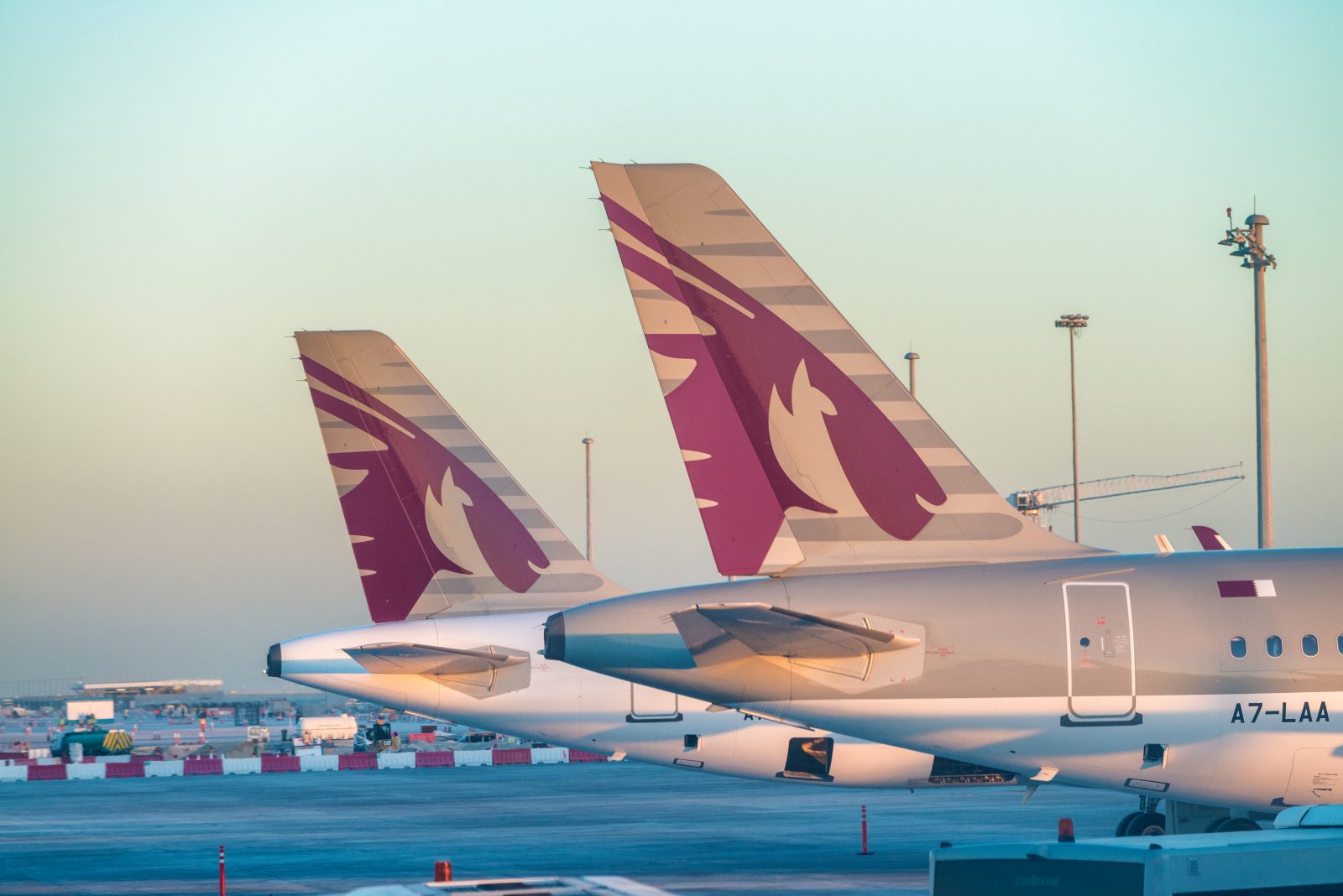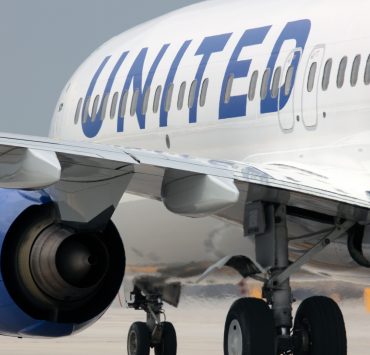
Pilots at Qatar Airways have told the Dutch broadcaster NOS that the Doha-based airline regularly pushes the boundaries when it builds crew rosters and that pilots are known to have fallen asleep at the controls because they are so tired.
The allegations have been made in the run-up to the FIFA Soccer World Cup which is being controversially hosted in Qatar later this year. Qatar Airways is preparing for a massive influx of passengers during the tournament and is hoping to run a packed schedule.
NOS managed to infiltrate private Facebook groups used by Qatar Airways pilots where they monitored crew complaining about working conditions at the airline and how their rosters left them feeling tired and potentially compromised safety.
Pilots rarely, however, make formal complaints to the company because they are allegedly scared about repercussions which could include missing out on a promotion or even dismissal.
Qatar does have laws that are designed to mitigate against the risk of pilot fatigue which is known internationally as Flight Time Limitations. The Qatari civil aviation authority based its FTL rules on European laws, but there are some key differences that pilots fear substantially increase the risk of fatigue.
In the EU and Qatar, pilots can not fly for more than 100 hours in any 28 consecutive days but the way this time is worked out differs greatly. In the EU, airlines start the clock from the moment the plane leaves its parking stand and only stops it once the aircraft parks on stand at its destination.
But in Qatar, the clock is stopped whenever pilots take a rest break during the flight. This change in calculating FTL means pilots at the airline can often work far more hours than their peers at European carriers.
Air France estimates that pilots at Persian Gulf carriers like Qatar Airways could be working as many as 1,200 hours of flight time per year, compared to an average of 850 hours in Germany and the UK and just 650 hours per year for Air France pilots.
“No one is wondering if, but only when a major incident will happen,” one pilot told NOS anonymously. The pilot said a major incident had been averted to date down to the technology packed into modern commercial aircraft.
Another pilot told the broadcaster what it felt like to fall asleep at the controls: “It’s not a deep sleep, but you keep falling off for 10 seconds. It feels like you’re drunk.”
“You react slowly, are easily distracted and lose your situational awareness.”
The source said he once forgot that he was assigned to land the plane and had to be prompted by the other pilot to remain in control of the aircraft. He has handed in his notice at the airline because of these safety concerns.
Other pilots, however, stick with the airline because of its generous pay and benefits that are hard to come by at European carriers.
Qatar Airways didn’t answer specific questions put to it by NOS, but the airline said it had hired an independent company to research the effect of FTL and fatigue on pilots and would implement changes if it was found to be necessary.
The airline also says it is hiring new pilots to keep up with the increase in demand.
Mateusz Maszczynski honed his skills as an international flight attendant at the most prominent airline in the Middle East and has been flying throughout the COVID-19 pandemic for a well-known European airline. Matt is passionate about the aviation industry and has become an expert in passenger experience and human-centric stories. Always keeping an ear close to the ground, Matt's industry insights, analysis and news coverage is frequently relied upon by some of the biggest names in journalism.









